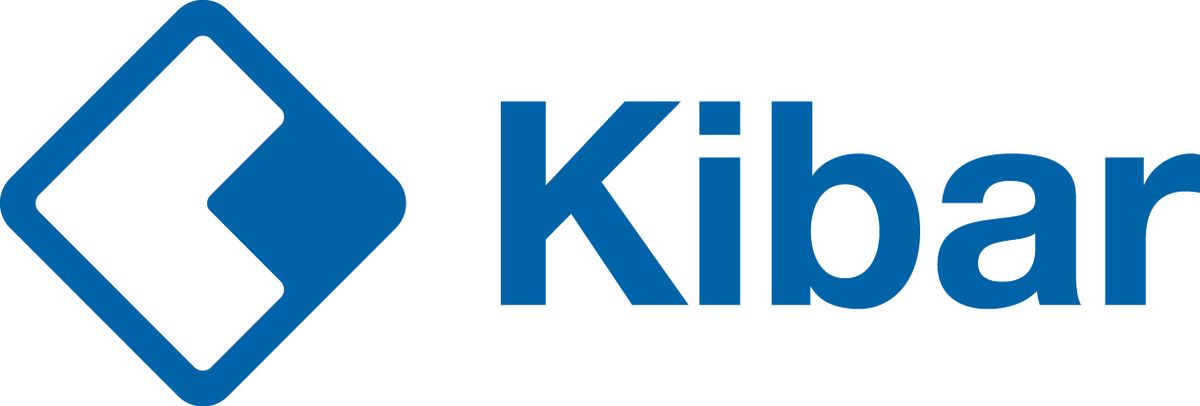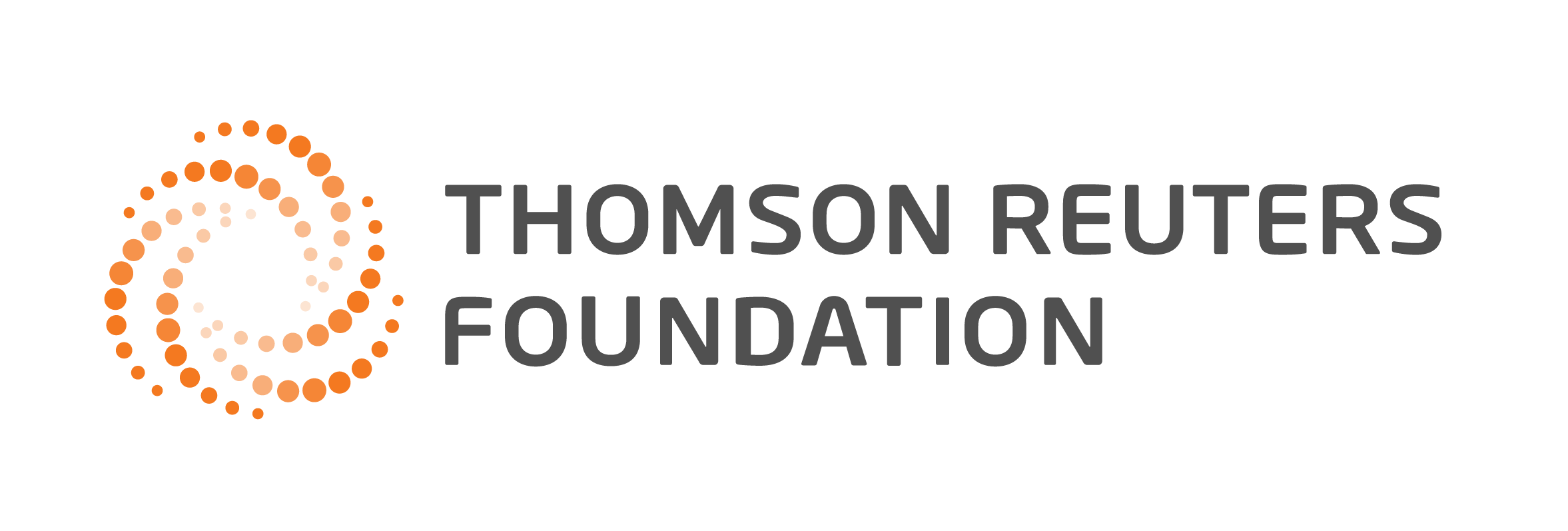So far we have assisted over 400 companies.








In this article, we will analyze the DAC8, an EU directive aimed at providing higher tax transparency on crypto-assets and demanding reporting of all service providers on crypto-asset transactions carried out by EU customers.
Currently, there are many European actions aiming to create a more secure and transparent crypto-assets market. In this article, we will analyze the DAC8, which is an initiative that seeks to provide higher tax transparency on crypto-assets.
Contents
So far we have assisted over 400 companies.







The European Commission, on the 8th of December 2022, presented an amendment to the Directive 2011/16/EU on administrative cooperation in the field of taxation (DAC8). This represents the most recent measure of the European Commission to improve administrative cooperation in the tax field and maintain the across-the-board fairness of Member States’ tax systems.
Currently, if a taxpayer retains or makes transactions in crypto-assets, the party that has these clients is not obliged to declare information on crypto-assets to EU tax authorities. The DAC8, which is proposed to be enforced in 2026, will demand that all service providers report on crypto-asset transactions carried out by customers living in the EU. Moreover, it will demand that financial institutions report on e-money and central bank digital currencies.
The proposed amendment is essentially built on the OECD’s Crypto-Assets Reporting Framework (CARF) and on the last amendments of its Common Reporting Standard (CRS). The CARF, which has been approved on August 2022, “provides for the reporting of tax information on transactions in crypto-assets in a standardised manner, with a view to automatically exchanging information with the jurisdictions of residence of taxpayers on an annual basis”. And, the CRS, also approved in 2022, seeks to bring certain electronic money products and Central Bank Digital Currencies within the scope of the exchange of information.
Also, the soon-to-be-published Markets in Crypto-Assets Regulation (MiCA) builds an already strong framework for crypto-assets and establishes important definitions in the market (the DAC8 proposal makes several references to definitions established in the MiCA). And, there are ongoing negotiations on the new anti-money laundering rules that will probably demand improved due diligence and KYC actions for these assets. Thus, the DAC8 is only one of many European efforts to develop protection, stability, and transparency in crypto-asset markets.
The primary aspect of the DAC8 proposal focuses on reporting and exchange of information on crypto-assets for direct tax purposes, improving existing provisions, and ensuring the proper functioning of the rules.
In practice, the proposal will enhance the ability of Member States to notice and oppose tax fraud, tax evasion, and tax avoidance by requiring all reporting crypto-asset service providers, despite of their size or location, to report transactions of clients living in the EU; demanding financial institutions to report on e-money and central bank digital currencies; expanding the scope of the automatic exchange of advance cross-border rulings for high net-worth individuals; and, defining a standard minimum level of penalties for the most severe non-compliant behavior.
When it comes to the reporting process, it consists of 3 steps. First, reporting crypto-asset service providers (both the crypto-asset service providers covered by the scope of the MiCA and all the other crypto-asset operators providing services to EU resident users) gather relevant data about reportable transactions performed by their users. Second, these providers report the collected information to the competent tax authority of the Member State where they are established (for EU providers) or the competent authority of the Member State of registration (for non-EU providers). Third, the competent tax authority sends the reported information, including the tax identification numbers (TIN) of the reported users, to the competent authorities where the users are residents.
A reporting crypto-asset service provider must carry out due diligence procedures established in Annex VI, Section III to identify reportable users. The due diligence procedures apply to individual crypto-asset users as well as entity crypto-asset users to be determined as reportable users. The identification of such reportable users is made through self-certification that entitles the reporting crypto-asset service provider to determine the residence(s) of crypto-asset users.
Article 25a on penalties is amended by specifically indicating that Member States must establish rules on penalties suitable to infringements of national provisions adopted in consonance with the Directive. The penalties and other compliance measures established in the Directive are to be effective, proportional, and dissuasive. A minimum financial penalty is to apply in cases of non-reporting after two valid administrative reminders or when the provided information possesses incomplete, incorrect, or false data, amounting to more than 25 % of the information that should be reported.
Additional consultations are ongoing as the interested stakeholders have been invited by the European Commission to give feedback on the proposed text until the 30th of March 2023 (at the time of writing). It is essential to highlight that the original eight-week feedback period is expanded daily until the proposal is available in all EU languages.
All feedback obtained will be summarized by the European Commission and introduced to the European Parliament and Council with the purpose of feeding the legislative debate.
After the formal adoption of DAC8 by the Council, Member States will have until 31st of December 2025 to transpose the major rules into national law. The new provisions will apply from the 1st of January 2026. However, there are two exceptions: 1) the provisions concerning the identification services should be transposed into national law by 1st of January 2024 and applicable from 1st of January 2025; and 2) the provisions concernig to TIN validation should be transposed into national law by 31st of December 2027 and applicable as of 1st of January 2028.